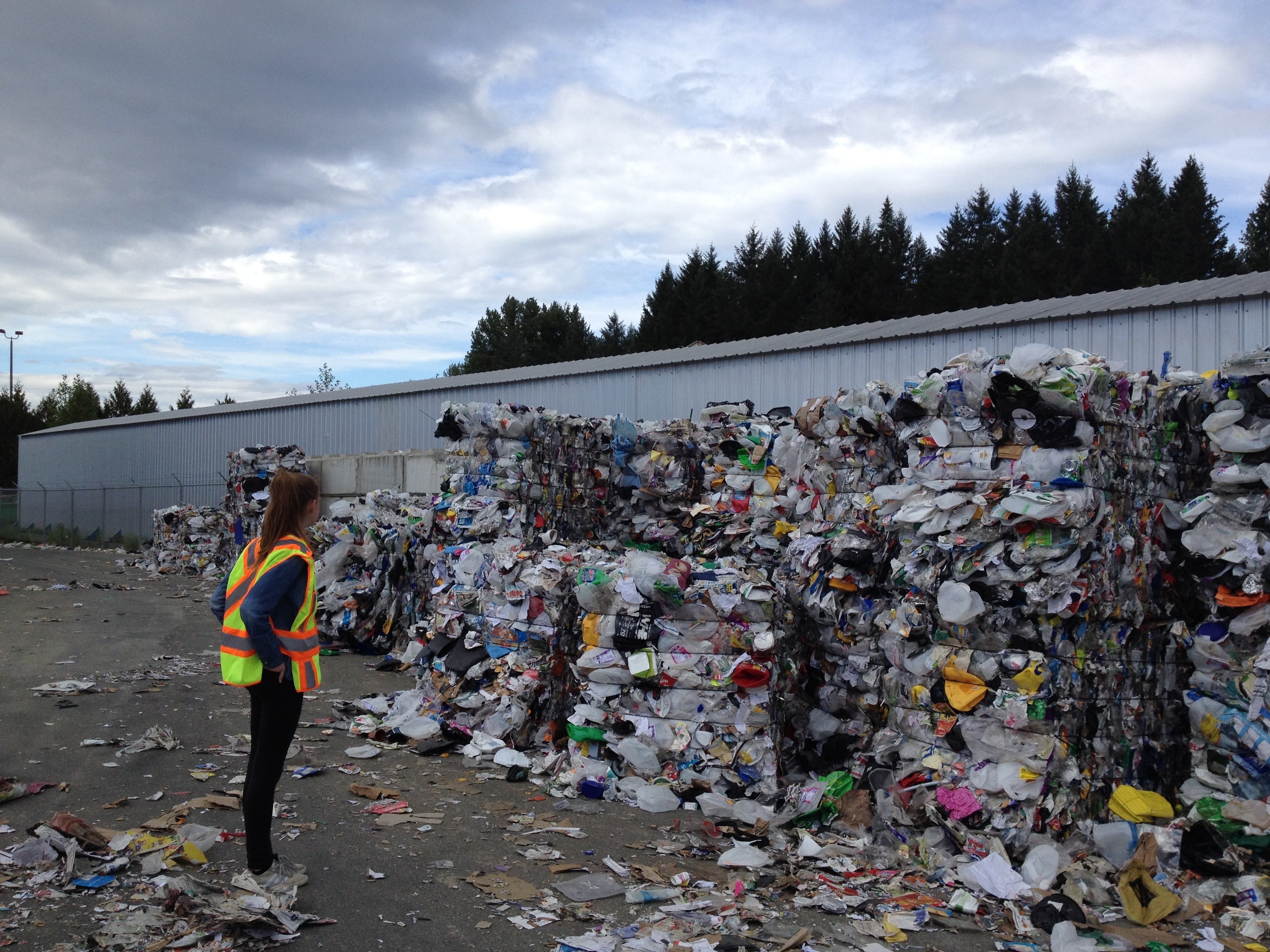The importance of environmental, social and governance (ESG) considerations is being emphasised in wider corporate agendas, but 2024 is likely to become the year when ESG credentials become a deciding factor when making decisions about IT Asset Disposition (ITAD). It is widely expected that the move towards sustainable business practices will accelerate as new legislative initiatives come into force.
The new Corporate Sustainability Reporting (CSR) Directive in the European Union (EU) is set to have a significant impact on most medium and large enterprises. The Directive applies to large companies operating within the European Union (EU). Specifically, it applies to companies that have more than 500 employees and meet certain financial thresholds, such as having a balance sheet total of over €20 million or a net turnover of over €40 million. It will be implemented in three phases from January 2024. Companies meeting those criteria will have to disclose their due diligence process for identifying and mitigating the social and environmental impacts in their value chains and supply chains.
IT Asset Managers may be required to provide evidence that ITAD processes integrate sustainable social practices into their operations and supply chain management. They will need to ensure that their processes for the disposal and recycling of electronic waste are environmentally responsible, comply with all relevant regulations and are socially responsible in their business practices. This means that they should prioritize ethical labor practices, such as fair wages and safe working conditions for employees, and consider the impact of their ITAD operations on local communities.
Supply Chain Due Diligence
As businesses are required to demonstrate that they are socially and environmentally conscious, they will likely look to their supply chain to ensure that their supplier’s practices align with their values and goals. This is where due diligence comes in – a process that involves investigating a supplier's operations to ensure that they meet certain ethical, social, and environmental standards.
In the coming years, it is likely that organizations will double down on their efforts to conduct supplier due diligence, and this will include ITAD and Ewaste recycling providers. To conduct effective due diligence, businesses will need to look beyond just the financial and operational aspects of their provider’s business and assess their environmental impact, labor practices, human rights records, and community engagement.
OEMs, corporate enterprises, and government agencies will expect vendors in their supply chain to be able to demonstrate effective ESG measures. These stakeholders will expect their ITAD and recycling vendors to publicly report on their sustainability efforts and have goals in place addressing environmental, social, and governance issues.
Emissions Reporting Requirements Under New Directives
The EU CSR Directive also requires companies to report on Greenhouse Gas (GHG) emissions. It is likely to form part of a wave of global legislation introduced to boost efforts to operate business sustainability and drive for greater transparency through reporting. In the United States the California Climate Disclosure Bills were signed into law in October this year and will also require companies to report emissions under the GHG protocols.
Under the CSR Directive companies must share their sustainability targets, progress toward achieving them, and how those targets align with the just transition to a sustainable economy. The California Climate Disclosure Bills mandate that public and private companies operating in the state must disclose their Greenhouse Gas emissions annually across Scope 1,2 & 3 by 2026.
There are more directives being considered, including the SEC’s proposed climate disclosure rule, companies must provide an accounting of their greenhouse gas (GHG) emissions, the environmental risks they face, and the measures they’re taking in response, and Hong Kong Exchanges and Clearing Limited (HKEX) is expected to require listed companies make climate-related disclosures in line with the Task Force on Climate-Related Financial Disclosures (TCFD) framework by 2025.
Reporting on Scope 3 GHG Emissions
While many companies have already made commitments to reduce their carbon footprint by measuring and reporting on Scope 1 and 2 emissions, these new directives mandate the requirement to track and report on Scope 3 emissions as well. This is because Scope 3 emissions can account for a significant portion of a company's overall carbon footprint and have a significant impact on the environment.
IT use makes up a significant proportion of Scope 3 emissions, the indirect emissions that occur in a company’s value chain, including emissions that occur from the production of purchased goods and services, use of sold products, and disposal of waste. The IT sector plays a significant role in contributing to these emissions through its manufacturing processes, energy consumption, and disposal of electronic waste.
The manufacturing and production of IT hardware such as computers, servers, and mobile devices requires a significant amount of energy and resources, leading to high carbon emissions. Additionally, the energy consumption of data centers, which house the IT infrastructure, is a major contributor to Scope 3 emissions. The use of sold products, such as laptops and smartphones, also contributes to Scope 3 emissions through their energy consumption and eventual disposal.
ITAD can also help companies reduce their carbon footprint by optimizing the lifespan of IT equipment. By extending the useful life of IT assets, companies can reduce the need for frequent replacements, which can significantly reduce the amount of carbon emissions associated with the production and transportation of new equipment. For technology that cannot be reused, recycling allows for valuable component materials to be recovered for remanufacturing, avoiding the emissions associated with mining and production of virgin raw materials.
As new reporting requirements are adopted organizations will look to ITAD vendors to report carbon savings from reuse and recycling so that they can contribute to corporate sustainability reporting.






